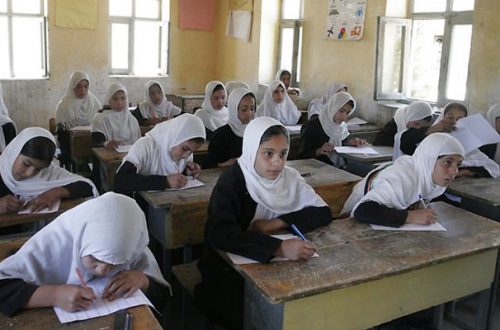A good piece in the Telegraph this morning asking if we will ever get out of Afghanistan. It comes after Hamid Karzai revealed publicly for the first time on Saturday that the US and the NATO-led coalition have been actively negotiating with the Taliban.
There have been reports of Taliban talks before, of course, but these have never led to anything. The New York Times reported: “The negotiations have started with those people,” Karzai said, referring to the Taliban, “and God willing, these talks will continue. But foreign military forces and especially America are continuing this process.”
The negotiations come against a background of talks about substantially reducing the number of US and British troops in Afghanistan, but Benedict Brogan in the Telegraph today wonders that despite increased military success (in particular the relentless “kill or capture” raids by American and British special forces on Taliban fighters echoing Iraq) if that is all it is: just talk.
He says there is a nagging awareness that the promises of politicians may not be achievable in the way the public expects with fears that drawing down troops too quickly will damage the prospect of an orderly handover as the progress of the military campaign far outstrips the necessary change needed in civil Afghan society.
“But military success is focusing attention on the slower progress achieved on the civilian handover. The military surge delivered by the American administration needs to be backed by the “diplomatic surge” urged by President Obama. Yet there are persistent worries that it is not happening at anything like the pace needed to make the handover sustainable. In Helmand the Provincial Reconstruction Team reports substantial progress in local democratic and judicial institutions, in part helped by the easing security situation. But there is widespread recognition that things are not going fast enough. The hope is that the deadline is focusing Afghan minds by confronting them with the painful reality of losing full-strength Western military and financial support.
“For David Cameron, the danger will be if he leads the public to believe that talk of transition and withdrawal means the end of Britain’s involvement in Afghanistan. In fact, from here it looks as if it has scarcely begun, a point the military are all too aware of. They don’t want to cut and run. One source described it like this: “We won’t be like the Russians, who crossed the Oxus one day and never looked back. You won’t see the last British warrior rolling over the Khyber Pass on December 31 2014,” Brogan writes.
